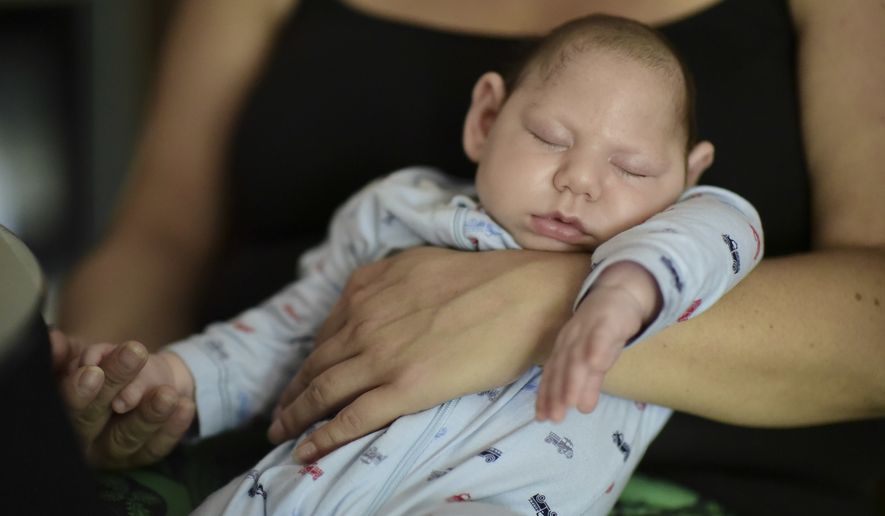Zika-related birth defects are down in Brazil, despite last year’s outbreak of the mosquito-born illness, NPR reports.
World Health Organization officials said on Wednesday they feared for thousands of cases of birth defects stemming from a 2016 Zika outbreak.
But only a few hundred cases were reported by the end of the year.
The Zika virus is categorized by a fever and rash after a mosquito bite.
It has been linked to a number of neurological disorders including Guillain-Barre syndrome (GBS), a disease where the immune system attacks nerves and can cause paralysis.
Expectant mothers who contract Zika can have newborns with microcephaly, abnormal brain development and stunted head growth.
In 2015, thousands of cases of GBS and microcephaly were reported in Brazil after a Zika outbreak the year before.
After a similar outbreak in the beginning of 2016, World Health Officials prepared themselves for a similar fate.
Yet by the end of last year, only a few hundred cases were reported of Zika-related disorders, WHO officials said.
Despite the promising numbers, WHO officials are questioning if other virus’s are responsible for the previous uptick in the neurological disorders.
Dengue fever and Chikungunya virus are also present in Brazil and could have attributed to the increased instances of GBS and microcephaly, WHO officials wrote in the New England Journal of Medicine on Wednesday.
“However, the three possibilities are not mutually exclusive, and none can be ruled out with the present data,” officials continued. “Further investigations are needed — aided by more sensitive and specific diagnostic tools and the careful interpretation of surveillance data — to clarify the causal links between arbovirus infections, GBS, and microcephaly in Brazil.”
• Laura Kelly can be reached at lkelly@washingtontimes.com.




Please read our comment policy before commenting.